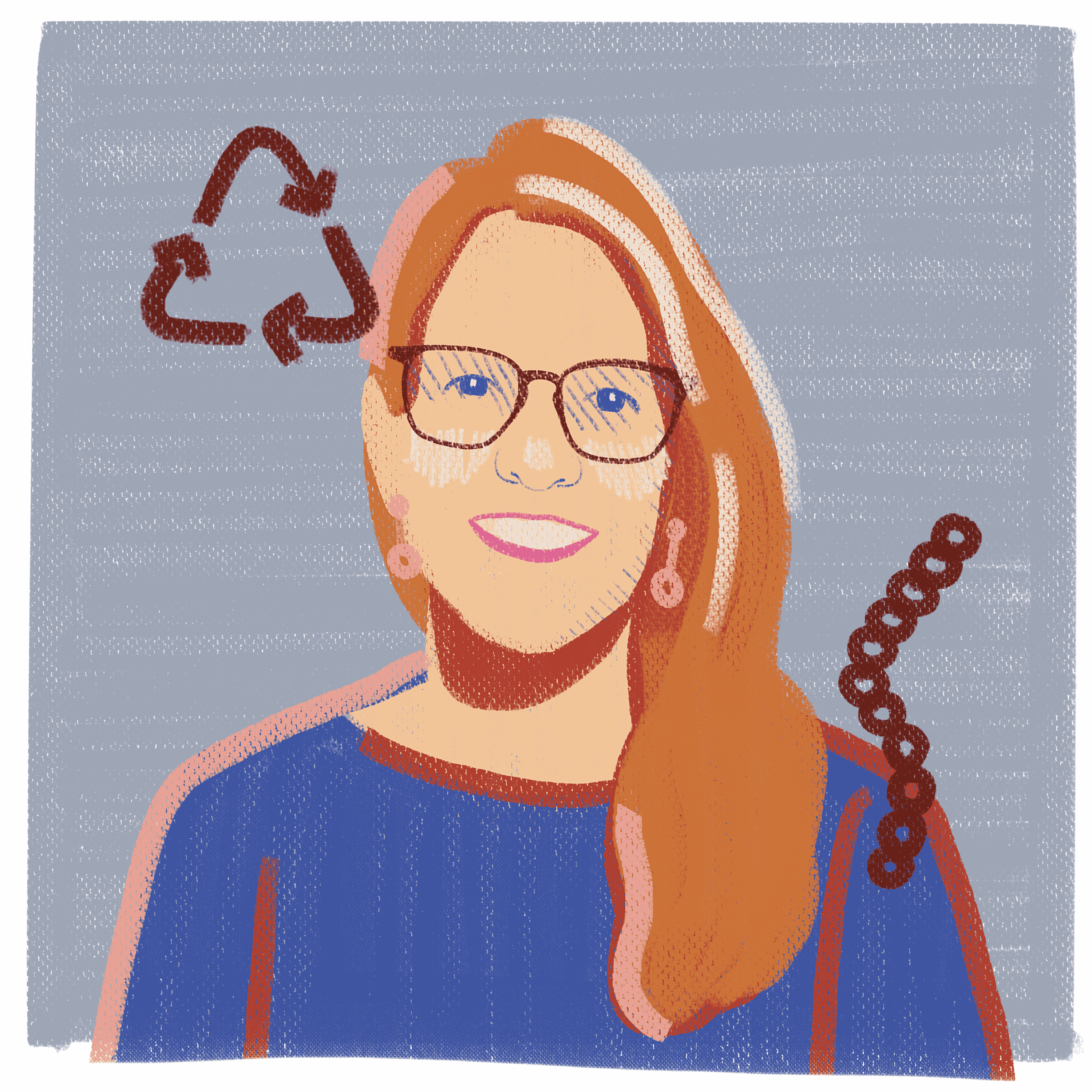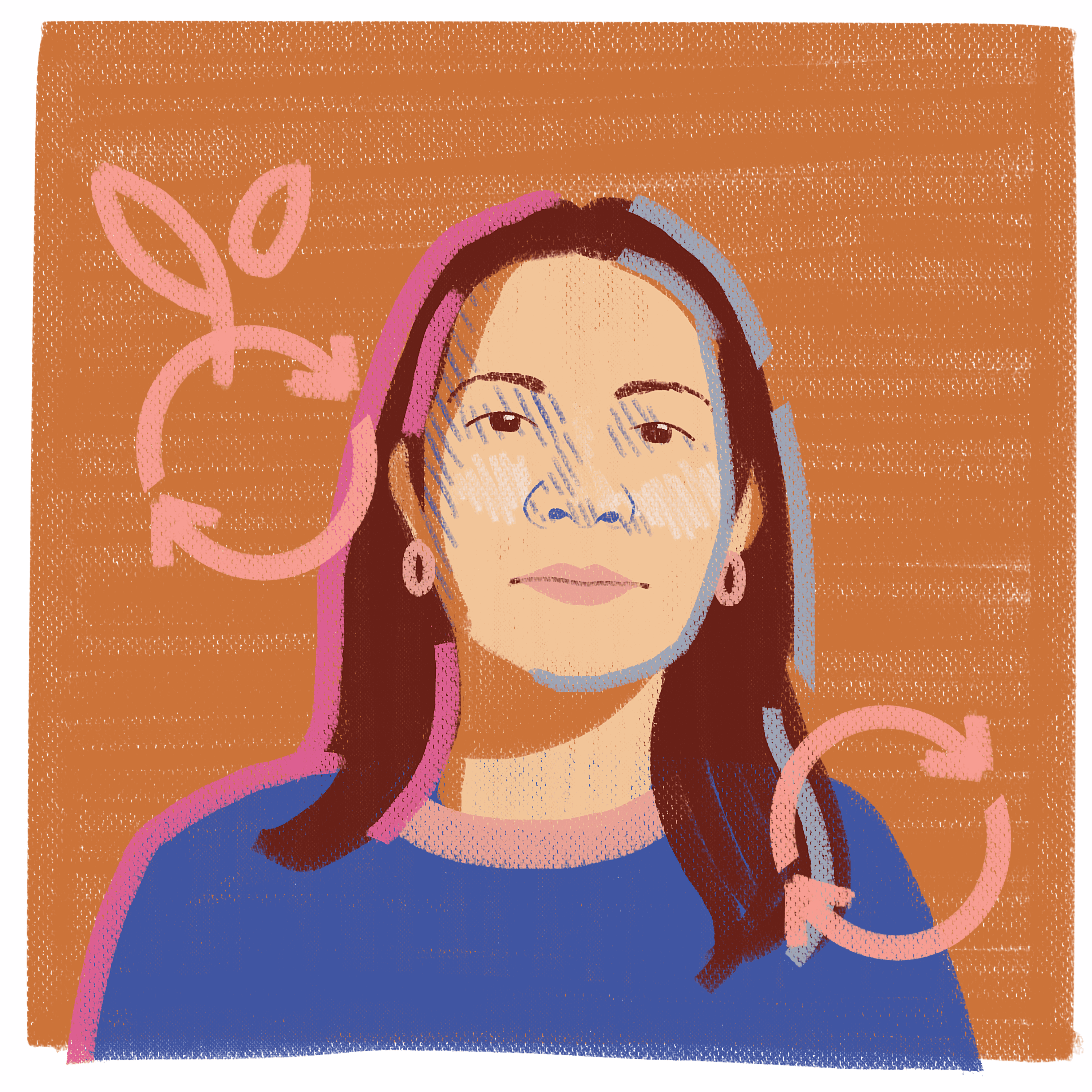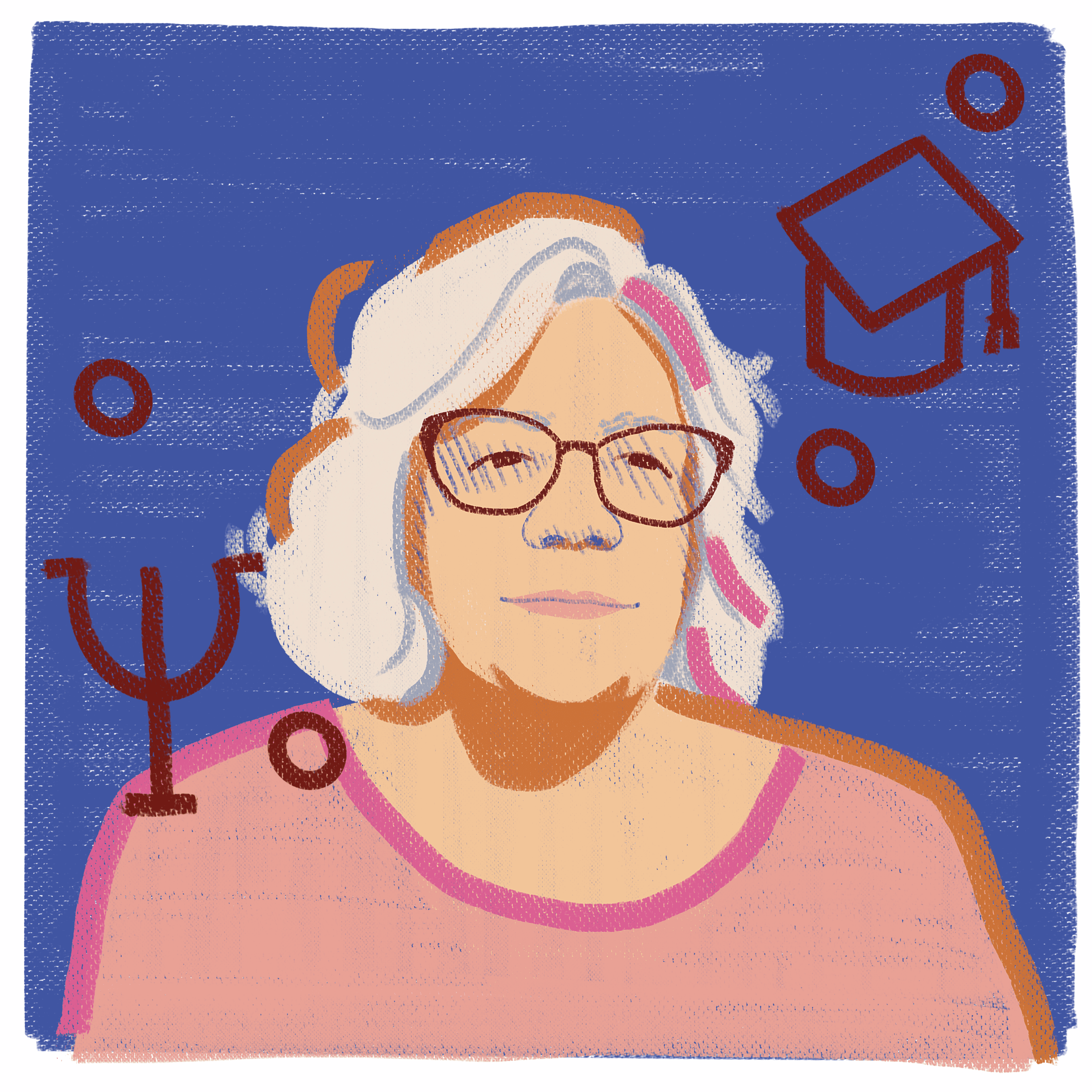Professor Amanda Dantas de Oliveira

Amanda Oliveira has a degree in Materials Engineering from the Federal University of Campina Grande, a Masters and a PhD in Materials Engineering, and a Post-doctorate in the same field, both from the Federal University of São Carlos. Her fields of interest involve polymeric materials, polymeric composites and nanocomposites, polymer synthesis, polymer processing, sustainable composites, polymer blends, and others.
Amanda explains that she took an interest in this research field right at the start of her undergraduate program, where she learned about the three fields of the Materials Engineering program: polymers, metals, and ceramics. When she took the classes, Amanda became interested in polymers, and started doing undergraduate research in the field.
As professor at the Federal University of Pelotas, a position she dreamed about since her graduation, Amanda develops research and teaching projects in the areas mentioned, with an emphasis to the development of composite and nanocomposite materials using carbon-based materials, nanoclay, sodium alanate, natural fibers, and others. In addition, she develops research using renewable materials, like different biomasses obtained from agroindustrial waste, in order to obtain sustainable composites that may be used in areas such as civil construction and in the food packaging industry, for example.
In her academic journey, she was the second female coordinator of the Materials Engineering undergraduate program, from 2018 to 2020, and is currently deputy director of the Center for Technological Development, academic unit that encompasses the Materials Engineering program, also being the second women in this position.
Amanda contributes to the university and to the Materials Engineering program with the development of research in the area of polymeric materials, a field that was up until now poorly explored. She also works as coordinator and collaborator in other professors’ projects, advises undergraduate research papers, undergraduate, masters and doctorate thesis, participating in the formation of human resources. Because of her experience in teaching, she was chosen to be paranymph and patroness of a few graduating classes, honors she considers a form of recognition, from the students, of the work she develops in the university.
In 2021, Amanda was chosen to be a part of the 17th Board of Directors of the Brazilian Polymer Association, starting in October 2021 and lasting until October 2025.
Regarding women representation in STEM, Amanda understands this number is still small, and that even with an increase in the number of women in these fields in recent years, this number is still well below what is expected. Taking as an example the Computer Engineering program, she says the first time women participated was in 2010, and, between 2010 and 2019, only 10,34% of new students were female. In Materials Engineering and Water Engineering, between 2009 and 2015, there has been an increase in the number of female newcomers, of 40,62% and 43,82%, respectively, but the number is still less than male newcomers in these courses. In her words, Amanda believes that “society lacks more incentive for girls to pursue these areas,” and that “it would be interesting to encourage girls since primary school, as well as in high school, with some actions such as lectures with female engineers, workshops and
science fairs more directed at exact sciences, among others.” Finally, she also says that “we need to change that old bias (somewhat cultural as well, in our country) that the exact sciences are only for men, and women can work in any field.”


